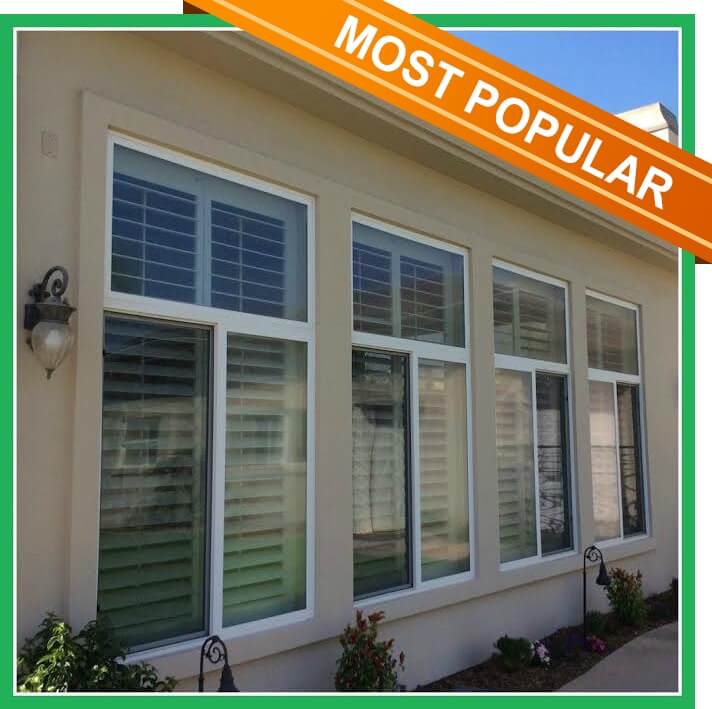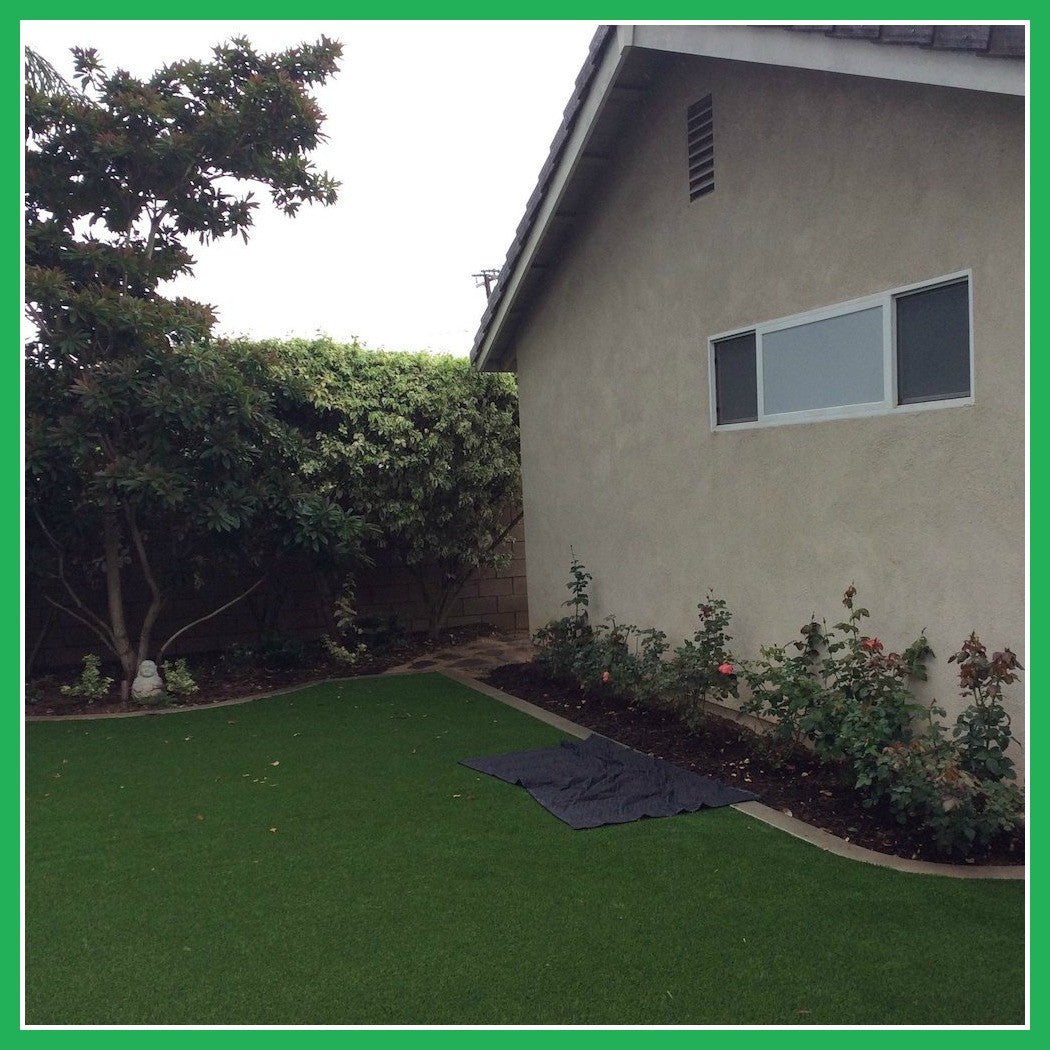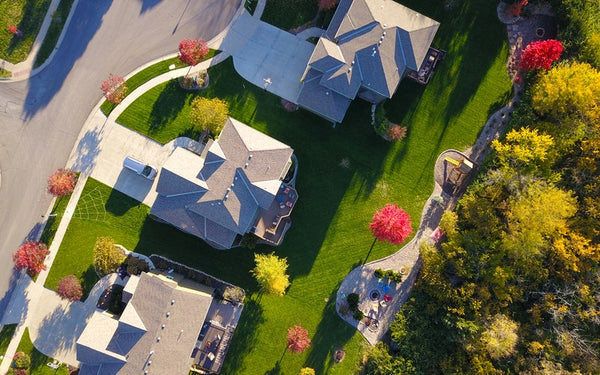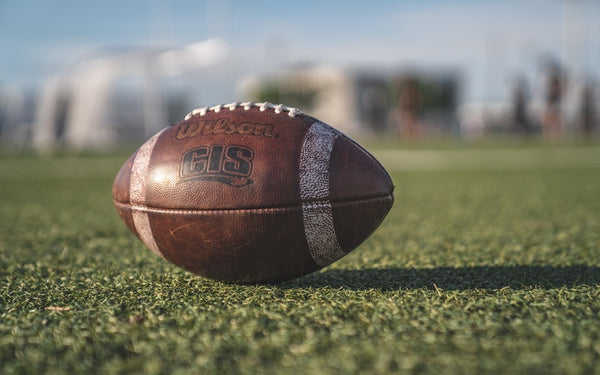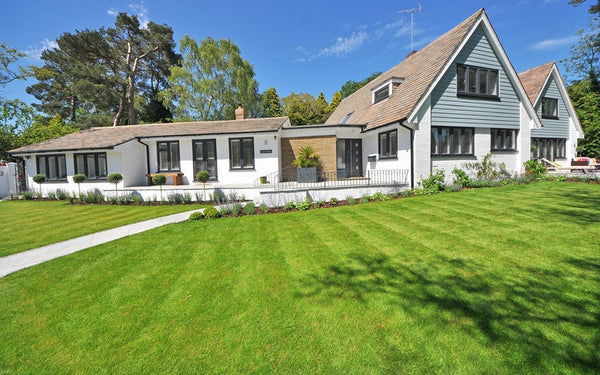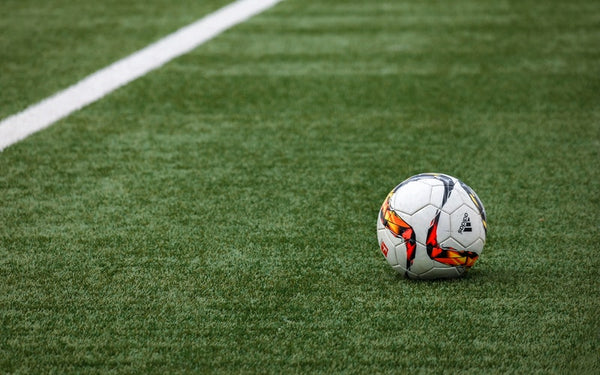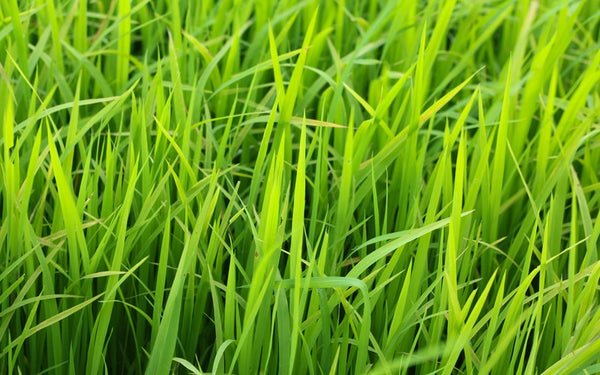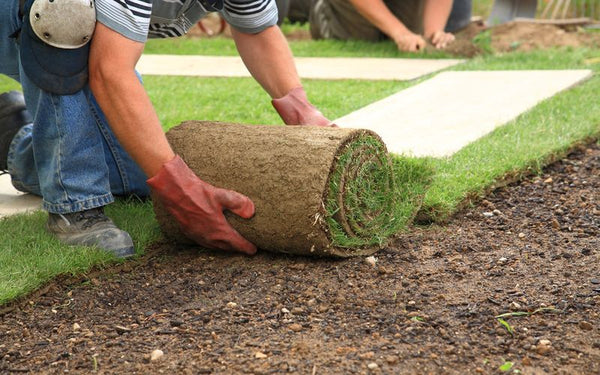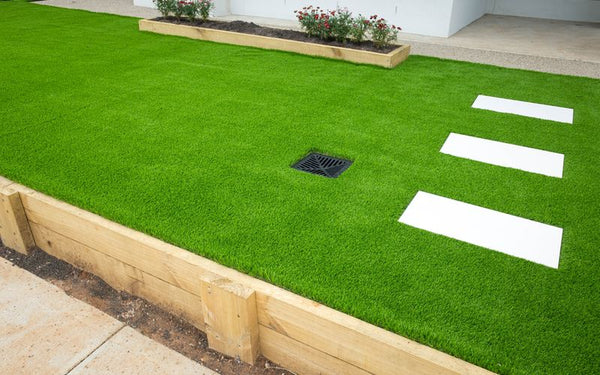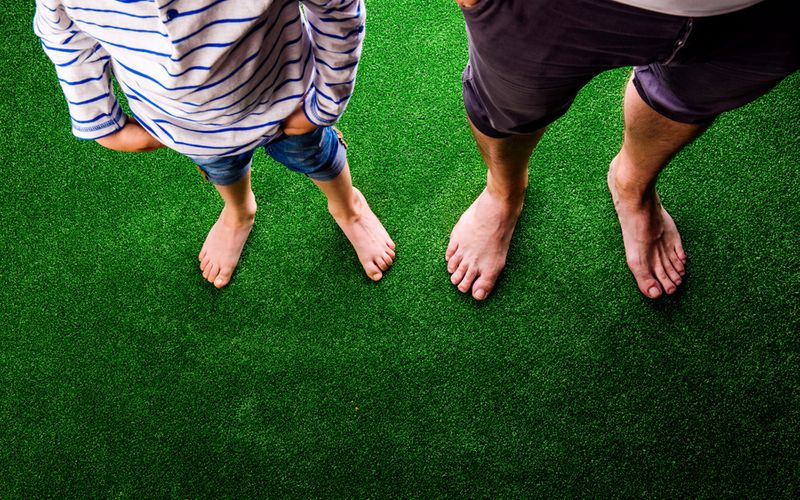
Wouldn't it be nice to have a perfect, long-lasting lawn without the yard work that comes with a natural lawn? That is exactly what you get with a fake grass lawn. There will be no mowing, pesticides, or weeds, and you will be able to save water, lowering your water bill.
2. What are some of the most popular applications for artificial grass?
With artificial turf installations on the rise, it's fascinating to see the different ideas that investors have. Artificial turf is most often used to replace natural sod grass lawns. It helps with water conservation and removes traditional yard work chores including mowing. It's long-lasting and attractive without requiring the same amount of maintenance as a natural lawn.
Artificial turf, on the other hand, is being used to replace the foundations of playgrounds and athletic fields. Artificial turf is built for a variety of purposes and for a variety of reasons. Turf is a popular option for dogs because of its odor-resistant and long-lasting base. People also prefer it for recreational purposes, such as having their own turf oasis in the backyard or having their own putting green on which to practice their game.
3. How does artificial turf impact the value of a home?
You increase the value of your home every time you invest money in it. According to GE Finance, any investment in an outdoor landscape would add 100 to 200 percent to the value of your house. You would also benefit immensely from the increased interest that your artificial lawn will create simply because of its curb appeal.
4. What kind of upkeep does it necessitate?
The most important advantage of using artificial turf to replace your natural sod lawn is that your “to-do” list would be greatly reduced. You won't have to mow, weed feed, re-seed, fertilize, spray pesticides, kill ants and rodents, or water nearly as much with artificial turf.
However, as with most large investments, regular maintenance is needed to keep it working at its best. For example, you can spray your turf off every now and then, clean up spills and pet waste promptly, and brush your turf every few months to prevent it from dipping or flattening due to heavy foot traffic.
5. Does it drain well?
Artificial turf has excellent drainage, which is one of its main advantages. Drainage is critical, particularly if the turf will be used by dogs. Artificial turf relies on a permeable backing and tried drainage technologies to ensure that your yard drains efficiently and that it works at its best.
6. Is it good for dogs?
Yeah, indeed! Urine drains freely, and other waste may be swept up or sprayed away from the surface. It's very durable, so dogs won't be able to dig it up. Artificial turf is not only convenient for dogs, but it also helps to keep the inside of your house cleaner than ever. Artificial turf does not have a dirt foundation or produce mud puddles, so no more dirty hands.
7. What is the lifespan of artificial grass?
Artificial turf surfaces are expected to last 20 to 25 years if properly maintained.
8. Is it stain-resistant?
Accidents will inevitably occur, but be assured that any spills, such as oil or paint spills, are not irreversible and will not damage your turf. Spills must obviously be cleaned up right away to keep the turf looking its best, but the nice thing about artificial turf is that it can be quickly rinsed.
9. Is there a warranty on it?
Artificial turf construction is a major investment that requires and provides a warranty. You'll want to make sure you're doing your part to keep your turf in good shape. Brushing, watering, and not putting hot things on your lawn are all examples of this. This way, you won't lose your warranty due to bad maintenance or treatment.
10. How much water will artificial turf save me if I mount it?
You're not only saving money on your water bill by going to an artificial turf lawn; you're also helping to save water. You can save up to 56,000 gallons of water a year by having an artificial turf lawn. Contact us for more information.

